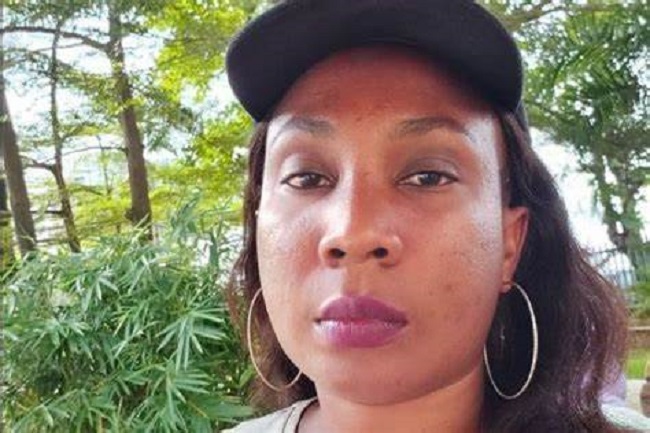African nations have been called upon to safeguard their forests from the proliferation of invasive insect pests by implementing harmonised biosecurity policies.

Dr Bridget Aito-Bobadoye, a visiting Assistant Professor at D. B. Warnell School of Forestry and Natural Resources, University of Georgia, made the call while speaking with newsmen in Ilorin on Friday, December 3, 2025.
Aito-Bobadoye described biosecurity as the prevention of disease-causing agents entering or leaving any place, posing risks to farm animals, humans, or the safety and quality of food products.
Aito-Bobadoye said that emerging or re-emerging invasive insect pests and pathogens must be stopped before entering borders or new forests to impact the forests’ ecosystems negatively.
“This will help protect human, animal, and environmental health and secure food safety.
“Forests in Africa are becoming fragmented at an alarming rate, and this is causing huge ecological imbalances.
“Insect pest invasions and outbreaks are becoming more frequent with more severity, which is exasperated by climate change,” she said.
The don, who is also a principal research fellow at the Forestry Research Institute of Nigeria (FRIN), said this had increased biosecurity threats such as insect pests and infectious pathogens.
According to her, this can endanger food security, negatively impact human or animal health, and even cripple national economies.
Observing that most African countries had weak regulatory policies to stop the proliferation of insect pests and pathogens within and outside their borders, she called for a regional biosecurity act.
The act, she said, would serve as a solution to implementing emergency pest response programmes across the continent.
She also called for inter-border collaboration between immigration services and forest departments, especially phytosanitary commissions, to prevent the spread of invasive insect pests from local to global forests.
Regarding Nigeria, the don says the nation’s borders are not tight enough, making the surveillance and detection of biosecurity threats extremely challenging.
According to her, the movement of goods, such as unprocessed wood products, firewood, and lumber, through popular trade routes, is unregulated.
“Developing a national biosecurity framework will, therefore, scale up the preparedness against sporadic insect pest outbreaks within Nigeria’s borders,” she said.
Aito-Bobadoye’s research focuses on the ecology of Cerambycid pests, such as longhorn beetles.
By Fatima Mohammed-Lawal
